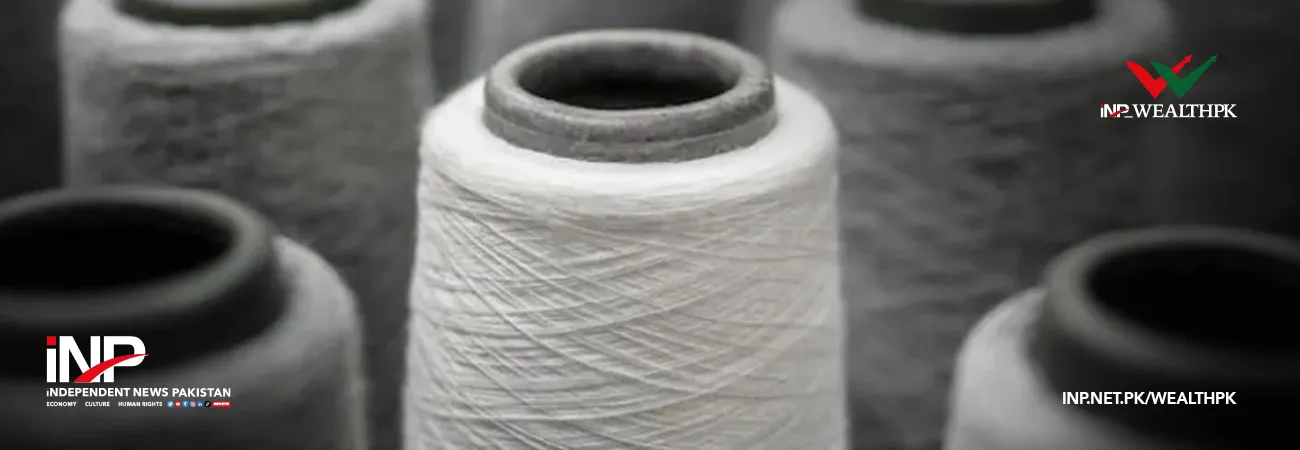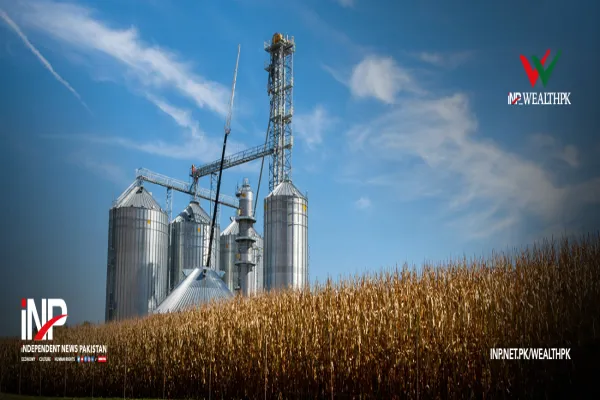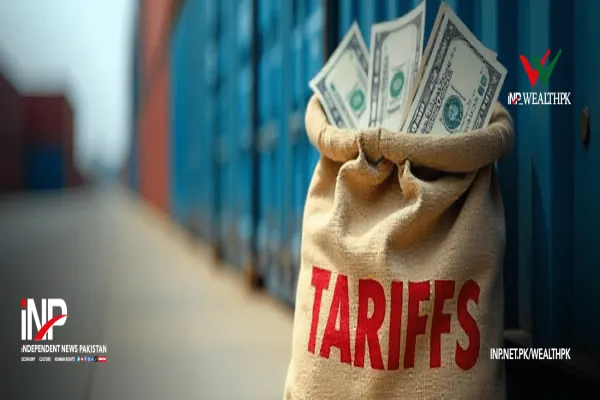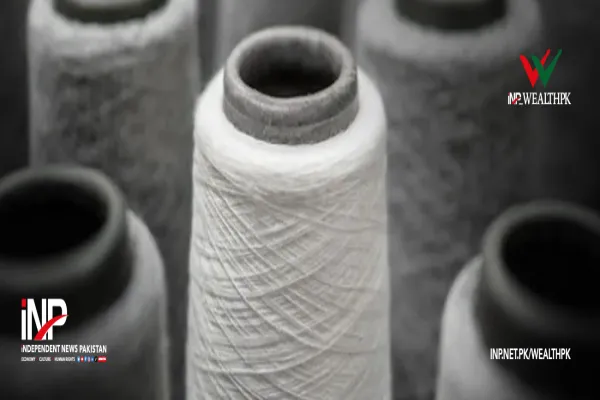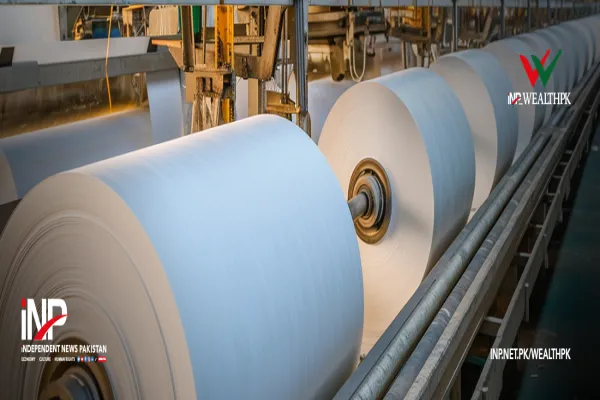i INP-WEALTHPK
Muhammad Saleem
Apparel industry leaders have urged the government to restore duty-free raw material imports under the Export Facilitation Scheme (EFS), claiming that excessive taxation could choke exports, cost jobs, and fuel economic instability.
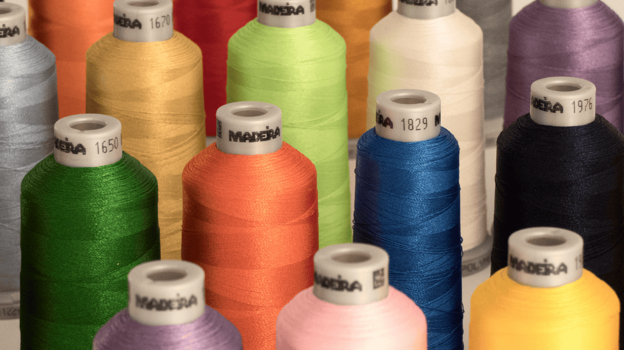
Hazar Khan, Senior Vice-Chairman of Pakistan Hosiery Manufacturers & Exporters Association (PHMA), said that apparel and textile exporters are playing a critical role in strengthening the economy. However, he warned that the imposition of sales tax at the import stage under the EFS could throw a wrench in the works, severely hitting Pakistan’s export performance.
The apparel sector has strongly criticized the All-Pakistan Textile Mills Association (APTMA) for supporting the government’s decision to impose an 18% sales tax on imported cotton yarn. Talking to WealthPK, Hazar Khan said textile exporters are already under immense financial pressure and will not be able to bear the brunt of this tax. He emphasised that those in charge must take proactive steps to boost exports, rather than tightening the noose through import-stage taxation under the EFS framework.
Criticising the sales tax system, he said that the collection and refund process has opened floodgates to corruption. “The system is riddled with inefficiency, providing opportunities to negative elements to exploit hardworking entrepreneurs.” He claimed that corruption is being committed through fake refunds while genuine exporters face long delays in receiving their dues. He said that the value-added textile sector has always thrown its weight behind the EFS.
“The scheme must go back to the drawing board as it existed before the 2024-25 budget to ensure liquidity and transparency,” he added. Salamat Ali, Group Leader of PHMA, Faisalabad, told WealthPK that Pakistan needs a robust economy to break free from the clutches of the International Monetary Fund. He stressed that the textile sector is the only horse in the race when it comes to creating jobs and bringing in much-needed foreign exchange.
He noted that the EFS was developed in consultation with key stakeholders and has helped streamline, digitise, and ram up the efficiency of the export process. The scheme, he said, has thrown a lifeline to exporters by providing financial relief. “Imposing any kind of duty on yarn imports will create hurdles for the apparel sector’s operations,” he warned. Ali criticised APTMA for clinging to outdated machinery that produces low-quality and costly yarn.
In contrast, he said the value-added garment production hinges on yarn that meets international standards. He pointed out that the government’s decision to allow yarn imports under EFS had played a crucial role in boosting exports and generating employment. Arif Ihsan, former chairman of the All Pakistan Bedsheets and Upholstery Manufacturers Association (APBUMA), said that duty-free yarn imports have been part of the picture for quite some time under various SROs.
He shot down APTMA’s claim that 100 of their mills have shut down, calling it baseless. He asked the APTMA office-bearers to come clean by presenting accurate data to the media. He also advocated for allowing commercial importers to import yarn under EFS, so that small and medium-sized exporters can receive a fairer share. Farrukh Iqbal, a former chairman of PHMA, said that the government had set an ambitious $60 billion export target under the ‘Uraan Pakistan’ programme.
He, however, warned that achieving this target will be a daunting task if the EFS is withdrawn. He claimed that APTMA produces substandard yarn that fails to meet international standards, thus lowering the quality of garments made from it. He stressed that the government must roll back the changes and restore the EFS to its original form under SRO/957 as it was before the 2024-25 federal budget.
Credit: INP-WealthPk



